Heat pumps are set to play at least as important a role in Europe’s energy transition as electric cars, but a drop in demand following record sales during the 2022 energy crisis has manufacturers looking to Brussels to address what they see as a taxes and subsidies that favour gas.
Reports out this week suggest governments and the EU are doing too little to promote the replacement of fossil fuel-fired heating systems with heat pumps, with support schemes of variable quality and gas prices artificially low compared to electricity.
According to the European Heat Pump Association (EHPA), sales fell 47% in the first half of the year compared to the same period in 2023, with only Scandinavia – where the technology is already mainstream – bucking the trend.
After analysing the relative price of electricity and gas, the Brussels-based industry lobby found that all-time record sales in 2022 coincided with a period when most of Europe saw the unit cost of electricity at less than 2.5 times that of gas.
EHPA noted that heat pumps – which act like refrigerators in reverse, drawing energy from the air or ground and transferring it to radiators in the home – are cheaper overall than gas heating even when the electricity price is around double that of gas.
Gas prices have tumbled since the EU found alternative sources to Russia, and a combination of low wholesale prices and differential tax rates mean gas is now a third or less of the price of electricity across much of Europe.
“If EU governments are serious about energy sovereignty, competitiveness and sustainability, they should ensure energy prices favour heat pumps,” EHPA director general Paul Kenny said on Monday (21 October).
Government delegates are due to meet in Brussels on Wednesday (23 October) as Hungary, current holder of the rotating EU Council presidency, makes yet another attempt to reform the Energy Taxation Directive.
The reform, which the European Commission proposed in July 2021 to encourage a switch to cleaner energy is stalled in the Council, with taxation one of a handful of policy areas where EU legislation requires unanimity among all 27 members.
Another potential driver of uptake are national support schemes – but here again the policy is often not fit for purpose.
Governments have in the past been criticised for offering financial inducements to install more modern gas boilers which, despite the short term improvement in energy performance, lock-in fossil fuel dependence for 15 years or more.
The Warsaw-based Reform Institute this week identified seven “deadly sins” often found in support policies, which vary widely from country to country, with the relatively high price of electricity among them.
The think tank also pointed to a failure to link subsidies to income, thus favouring more well-off households, complexity and delays linked to subsidy schemes, and a lack of specialized loans to cover the part of the high up-front cost of installing a heat pump.
With buildings, and heating in particular, accounting for 40% of the EU’s energy use and around a third of its greenhouse gas output, an estimated 60m heat pumps will need to be deployed across the bloc by 2030 to achieve the targeted 55% reduction in net emissions compared to 1990.
But sales figures suggest it is on track to fall short by some 15m, a figure that the Reform Institute equates to a missed opportunity to cut gas imports by 23bn cubic metres. “What is at stake is avoiding emission of around 45 million tonnes of CO2 annually,” director and co-author of the report Aleksander Śniegocki said.
“This is equivalent to the emissions of Denmark, or three Ryanair-sized airlines,” he said, noting that meant around a tenth of the emissions cuts needed between now and the end of the decade.
The EU can help coordinate national schemes, steering governments towards approaches that have proven successful, Śniegocki told Euronews.
“What you have is a very uneven and really imperfect policy framework for each member state,” he said, adding that now was a perfect opportunity for the Commission to help EU members exchange good practices and harmonise their approach to heat pump support.
The EU executive called for a doubling of the rate of heat pump deployment in the wake of Russia’s invasion of Ukraine, but shelved the project after closing a public consultation in August 2023. A clear indication of what to expect from the next EU executive will come on 5 November, when commissioner designate for energy and housing Dan Jorgensen faces a hearing in the European Parliament.
“If Europe wants to achieve energy sovereignty, be a competitive net zero player and decarbonise heating and cooling, heat pumps are essential,” EHPA’s Kenny told Euronews. “We are confident that the incoming Commissioners appreciate this.”

 5 months ago
58
5 months ago
58
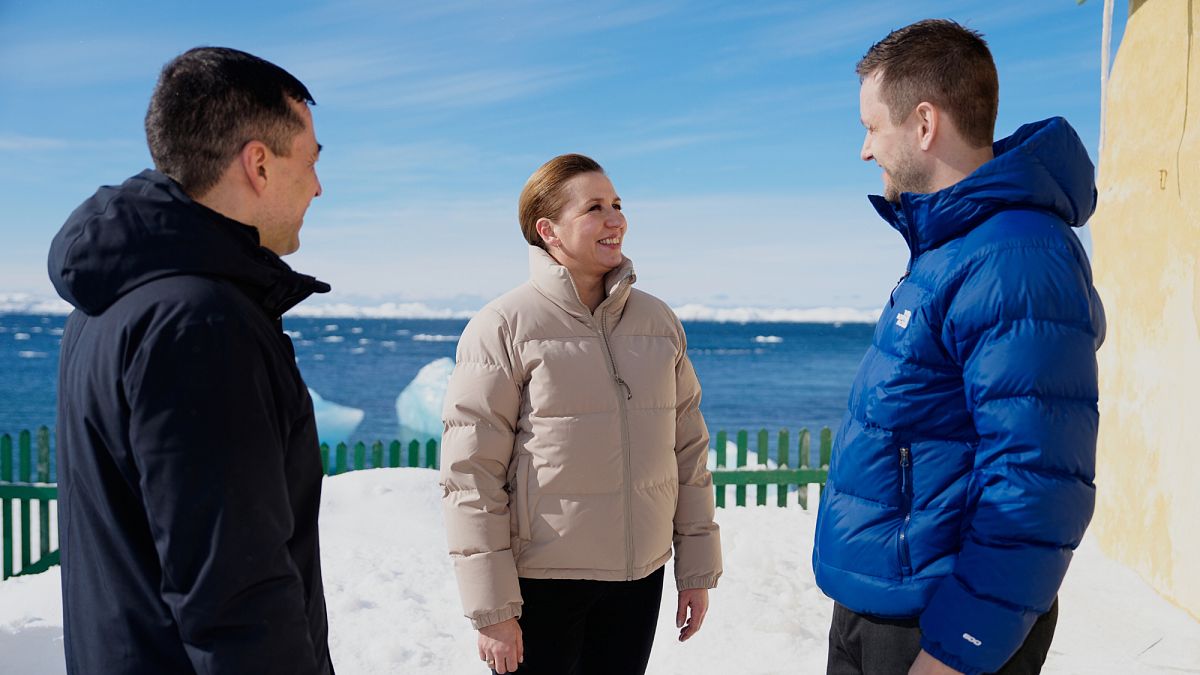
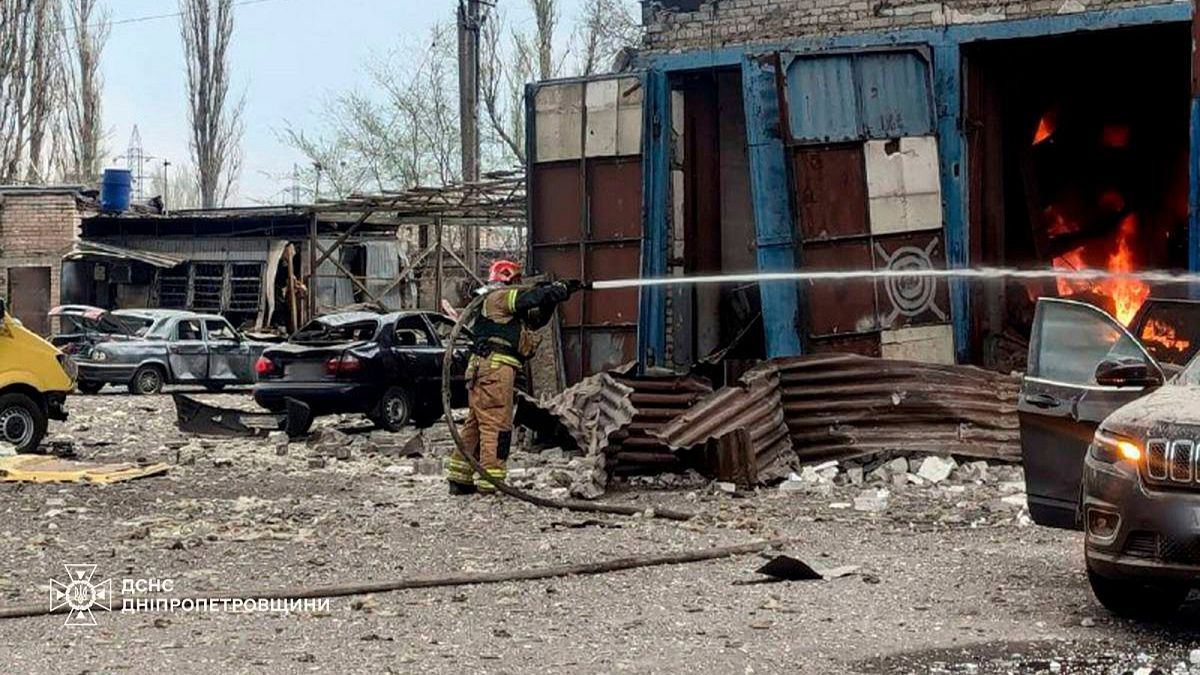
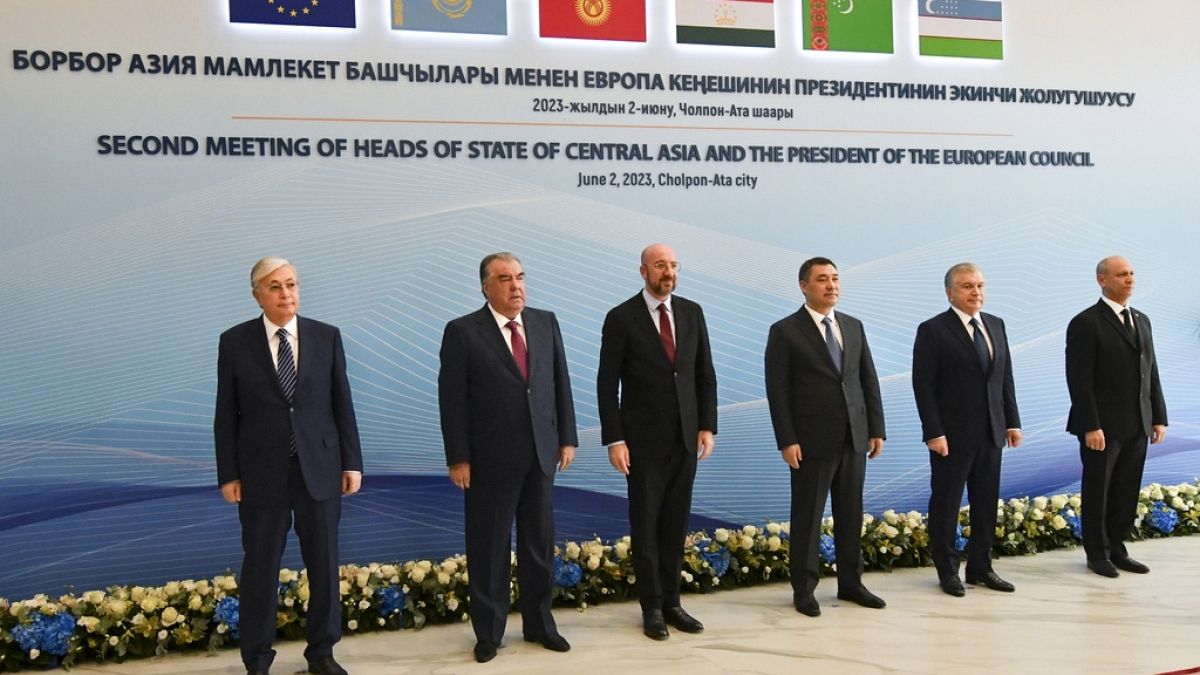
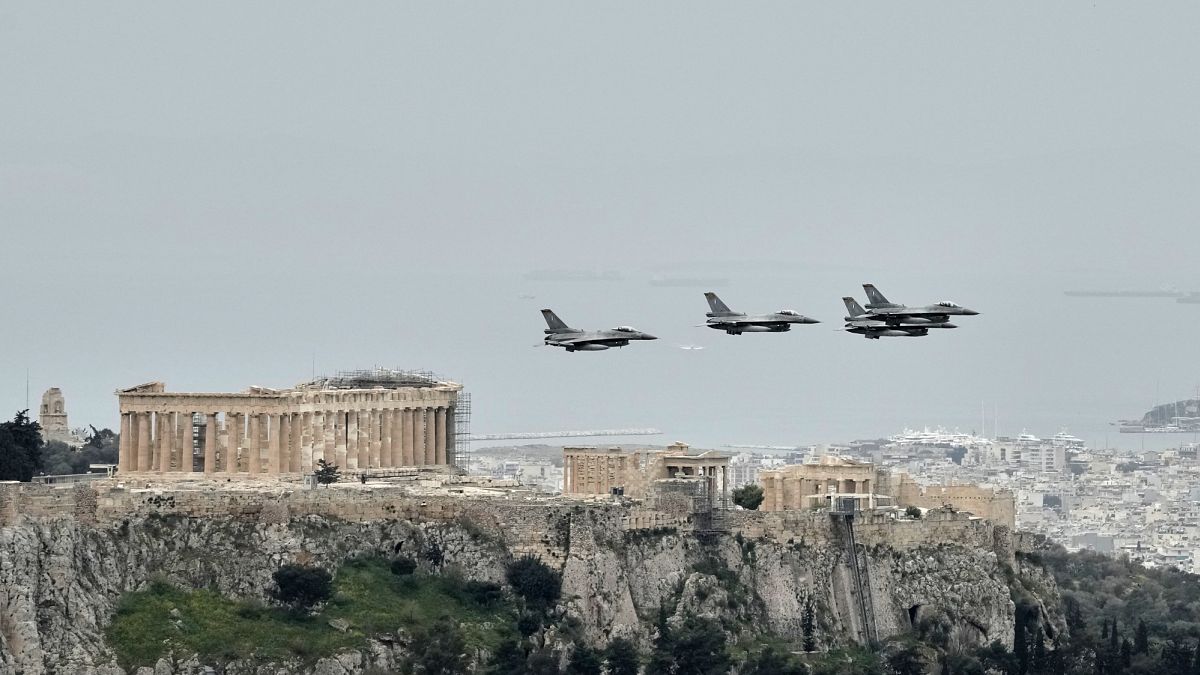
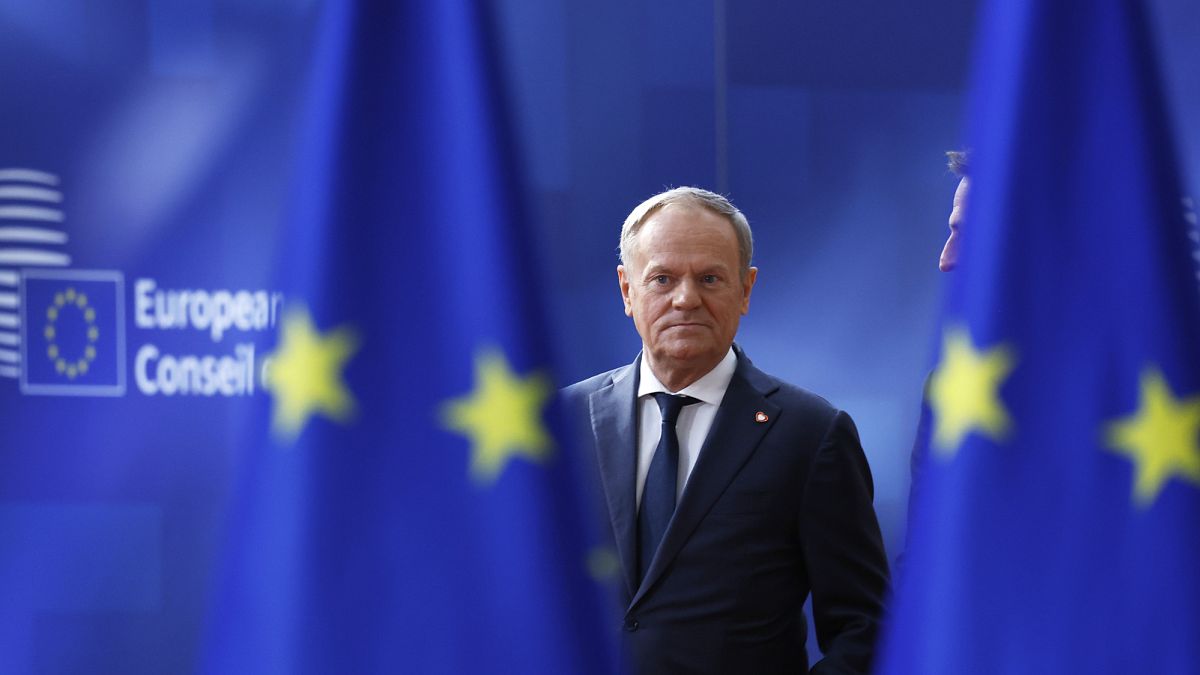
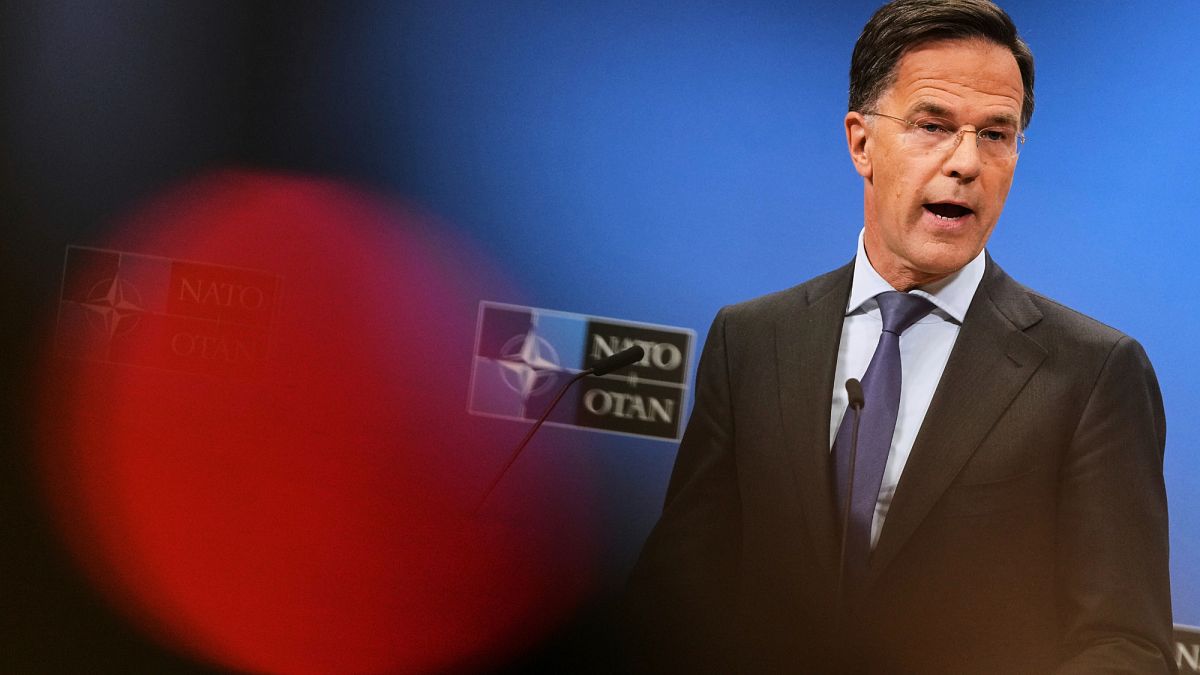
 We deliver critical software at unparalleled value and speed to help your business thrive
We deliver critical software at unparalleled value and speed to help your business thrive






 English (US) ·
English (US) ·